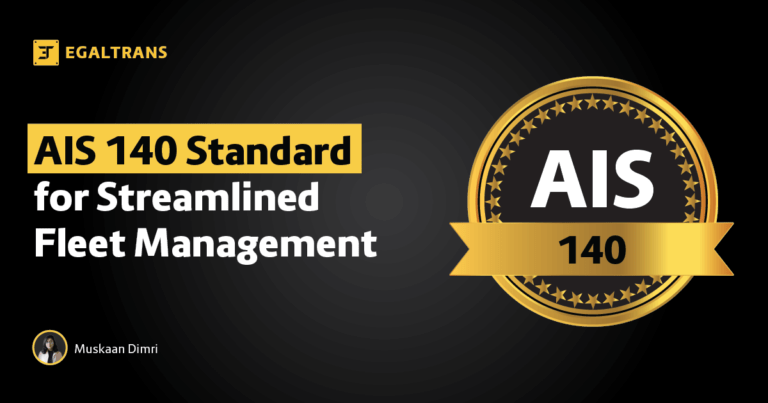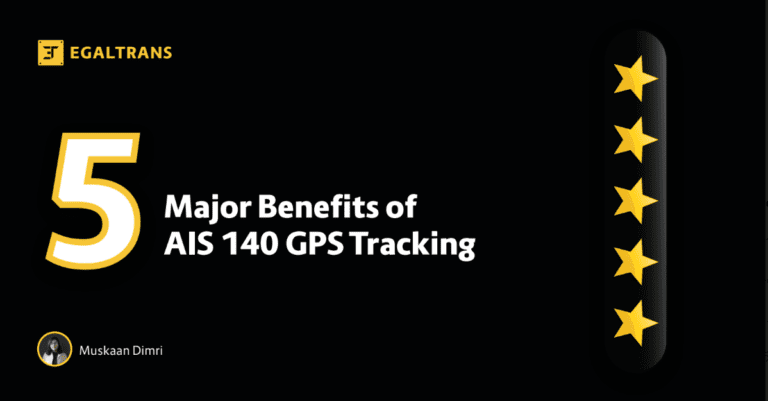Fuel expenses often account for a significant portion of fleet operational costs. Efficient fuel management is essential not just for cost reduction but also for environmental reasons. Use of vehicle fuel monitoring system has become increasingly sophisticated, allowing fleet managers to have more control over their fuel consumption and expenditures.
How are Fuel Monitoring and Fleet Profits Inter-related
Fleet profits and fleet monitoring in the trucking sector are closely interconnected. Monitoring systems offer granular data on truck operations, including real-time fuel consumption, driver behavior, and route inefficiencies. By using this data, trucking companies can drastically reduce unnecessary expenses. For instance, understanding a truck’s idle times can lead to fuel savings, while monitoring driver habits can prolong vehicle lifespan and reduce maintenance costs. Route optimization, achieved by tracking real-time traffic and road conditions, ensures timely deliveries and reduces fuel wastage. In essence, as trucking companies harness the power of fleet monitoring, they can enhance operational efficiencies, leading directly to increased profitability.
10 Ways to Improve Fleet Profits Using Vehicle Fuel Monitoring System
1. Accurate Fuel Data Collection: Modern vehicle fuel monitoring system offers real-time data collection. By measuring fuel levels continuously, fleet managers can make data-driven decisions, ensuring that vehicles are always fueled efficiently.
2. Identifying Fuel Theft: Unusual drops in fuel levels, especially during off-duty hours, can be a sign of fuel theft. Monitoring systems help detect these inconsistencies, leading to increased security and minimized losses.
3.Optimize Routes: Fuel monitoring combined with GPS tracking can help identify the most fuel-efficient routes, reducing unnecessary mileage and fuel consumption.
4. Monitor Driving Habits: Excessive idling, rapid acceleration, and hard braking can increase fuel consumption. Monitoring systems can identify drivers who need further training on efficient driving practices.
5. Scheduled Maintenance Alerts: Well-maintained vehicles consume fuel more efficiently. By setting up alerts for regular maintenance, you ensure that vehicles are always running at their peak efficiency.
6. Fuel Consumption Reports: Detailed reports can show patterns and trends in fuel consumption. This allows managers to pinpoint areas for improvement and measure the success of implemented strategies.
7. Budgeting and Forecasting: With accurate fuel data, managers can forecast future fuel needs more effectively, helping with budget planning and bulk purchasing decisions.
8. Reduce Unauthorized Use: If vehicles are used outside of work hours or off assigned routes, fuel monitoring can alert managers. This reduces wear and tear, and unnecessary fuel costs.
9. Eco-friendly Practices: Reducing fuel consumption not only saves money but also reduces the fleet’s carbon footprint. Emphasizing this can boost a company’s image and may even qualify the business for eco-friendly incentives.
10. Integration with Fleet Management Software: Many fuel monitoring systems can be integrated with fleet management software. This provides a holistic view of the fleet’s operations, combining fuel data with other essential metrics.
In conclusion, efficient fuel monitoring is a game-changer in the fleet management industry. Not only does it directly improve the bottom line by reducing fuel expenses, but it also offers several indirect benefits like enhanced vehicle life, reduced maintenance costs, and a positive environmental impact. With technological advancements, it’s easier than ever for fleet managers to keep a finger on the pulse of their operations and drive towards more profitable outcomes.





